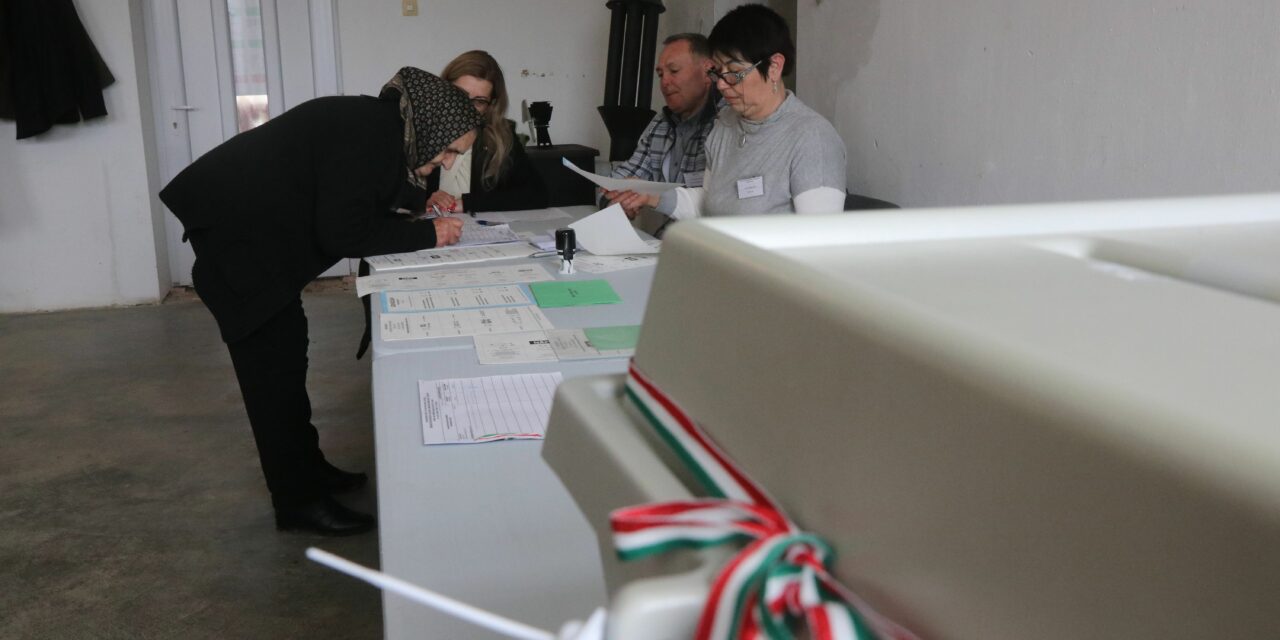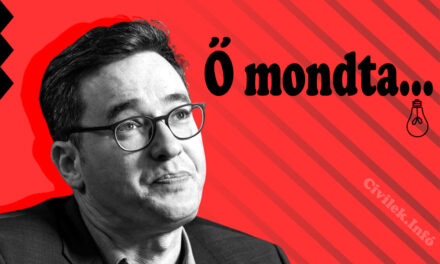OSCE election observers found everything in order. There were no circumstances that would have violated fair and free voting.
The investigation committee of the Organization for Security and Co-operation in Europe (OSCE) found everything in relation to the organization and technical conduct of the election to be regular. The Ordo Iuris legal research institute and the Collegium Intermarium election observation mission also submitted their reports.
After a full examination of the rules determining the conduct of the election, the practical implementation of the election process and its control at all levels, and after the observation carried out in 60 election commissions on April 3, it was established that the parliamentary elections and the referendum complied with all local and international standards, the principles for elections and effectively ensured universal, direct, secret, free and equal voting.
On the day of the election, no circumstances arose that would have violated fair and free voting, they informed in their statement.
In relation to the electoral system, it was stated that they meet the requirements of pluralism, stability, free expression and neutrality, and ensure the possibility of complaint procedures against the election.
However, in order to increase the transparency of the elections, it was recommended to standardize the ballot boxes by using closed transparent boxes made of a solid material such as plastic.
Regarding the referendum, it was noted:
the campaign lost its importance in the eyes of the public due to the Russian invasion of Ukraine. If the war had not broken out, the public discourse would certainly have focused more on this topic.
Although all sides of politics claim that media coverage is unequal, the analysis concluded that a wide range of leading privately-owned media supporting opposition parties is offset by an emerging private media sector that is more supportive of pro-government views.
According to a survey conducted in the third quarter of 2021, 81.6 percent of the Hungarian audience consumes media that is pro-government and 80.6 percent that is critical of the government.
The proportion of those who only consume pro-government media products is 5.7 percent, which is significantly lower than the number of those who only consume anti-government media (9.2 percent). According to observers, the statistics indicate an increase in media pluralism.
However, there are some cases that have occurred in the past week that international observers should not ignore: last week, several online portals of the Central European Press and Media Foundation (KESMA) were hacked. During the campaign, Fidesz's website was hacked and blocked by unknown persons. The operators of the opposition campaign center reached about one million people with the help of a database that was probably obtained illegally, and the voters were harassed with illegal text messages.
Source: vilgagazdasag.hu
Featured image: VG/János Vajda












